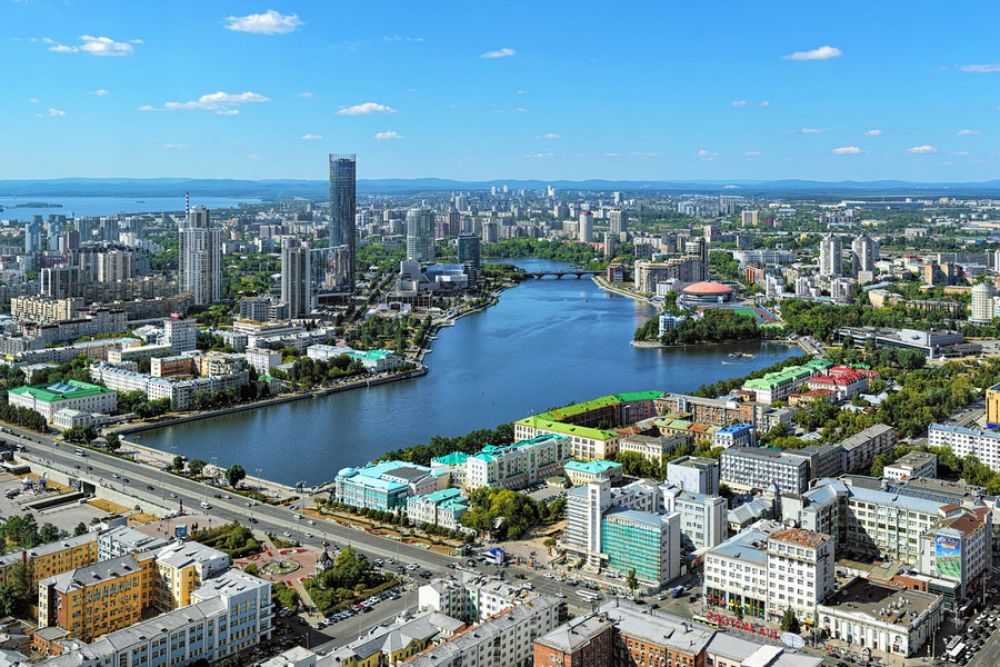

Yekaterinburg, Russia's fourth-largest city, is situated just east of the Ural Mountain range, serving as the administrative center of Sverdlovsk Oblast. Although not traditionally known as a major tourist destination, Yekaterinburg has a rich history and has played a significant role in Russia’s past, which has garnered interest among history enthusiasts and cultural tourists alike.
The city was founded in 1723 by Vasily Tatischev and named after Peter the Great's wife, Catherine I. Its initial purpose was as a metallurgical factory and was later known for its significant role in the mining industry. While not initially considered a destination for travelers, Yekaterinburg became a point of interest for scientists, engineers, and businessmen who wished to learn about its industry and trade from an educational standpoint.
The interest in Yekaterinburg for tourism purposes really began to develop after the tragic execution of the Romanov family in 1918. The last Russian tsar, Nicholas II, and his family were exiled to Yekaterinburg, where they were eventually executed. This event has since become a keystone in the historical narrative of the city, attracting those fascinated with the Romanov dynasty and the Soviet history.
With the collapse of the Soviet Union, Yekaterinburg became more accessible to foreign tourists. The mystery and historical significance of the Romanov's story continued to draw visitors, and the city began to develop its tourism industry to accommodate this interest. Memorials and museums dedicated to the Romanov family, such as the Church on the Blood, which stands on the site of the Romanov execution, became major tourist spots.
In recent years, Yekaterinburg has embraced its status as a cultural and educational hub. Many travelers come to visit its numerous theatres, libraries, and museums. The Yekaterinburg State Circus and the Ural Philharmonic Orchestra are notable attractions, showcasing the city's vibrant cultural scene. Ecotourism has also grown, with visitors exploring the Ural Mountains for hiking, mountain biking, and ski tourism.
Today, Yekaterinburg has adapted to the latest tourism trends with a focus on sustainable travel and immersive cultural experiences. Travelers are increasingly seeking local interactions, participating in traditional crafts workshops, and attending local festivals like the annual Yekaterinburg City Day. The city has also developed its infrastructure, with a range of accommodations from luxury hotels to hostels catering to various budgets.
Yekaterinburg's tourism industry has come a long way from its origins as an industrial city. It now offers a unique blend of history, culture, and nature, with its Soviet heritage and Romanov history being key attractions. As the city continues to develop its offerings and adapt to global tourism trends, it is poised to become an even more significant destination for travelers around the world.